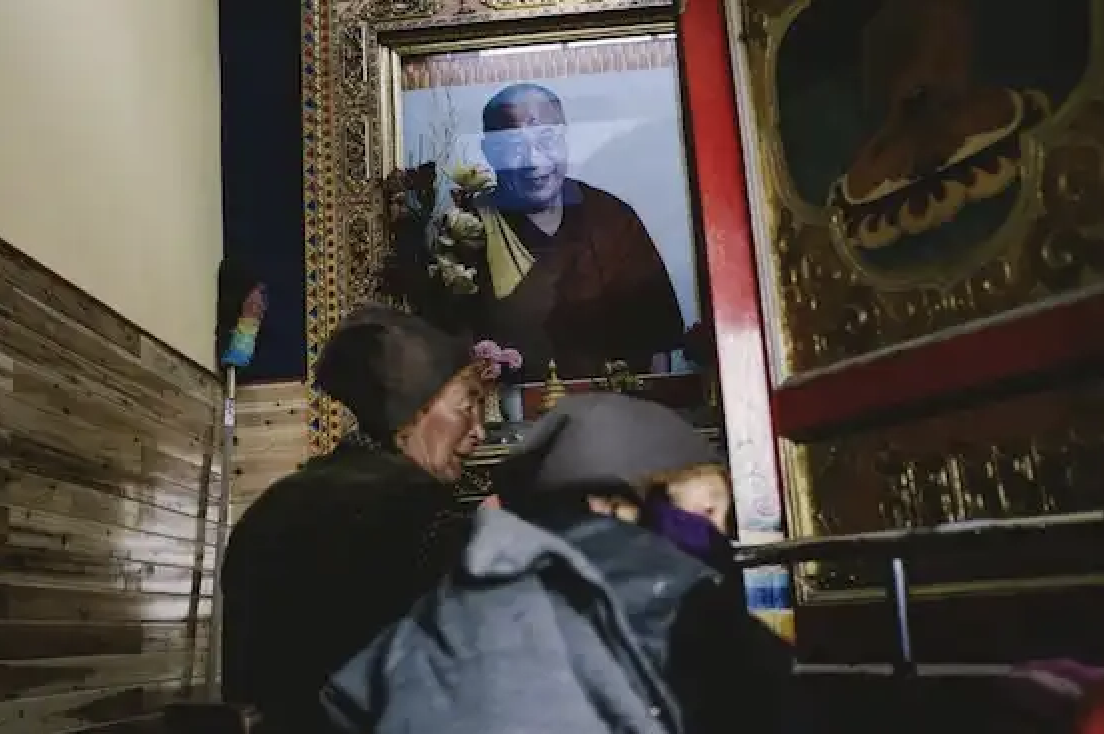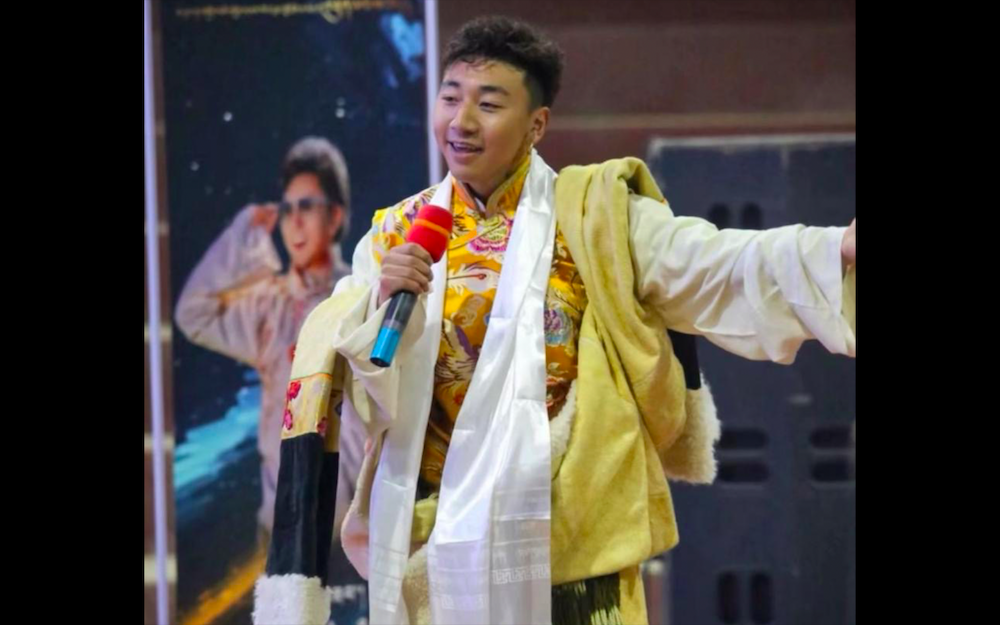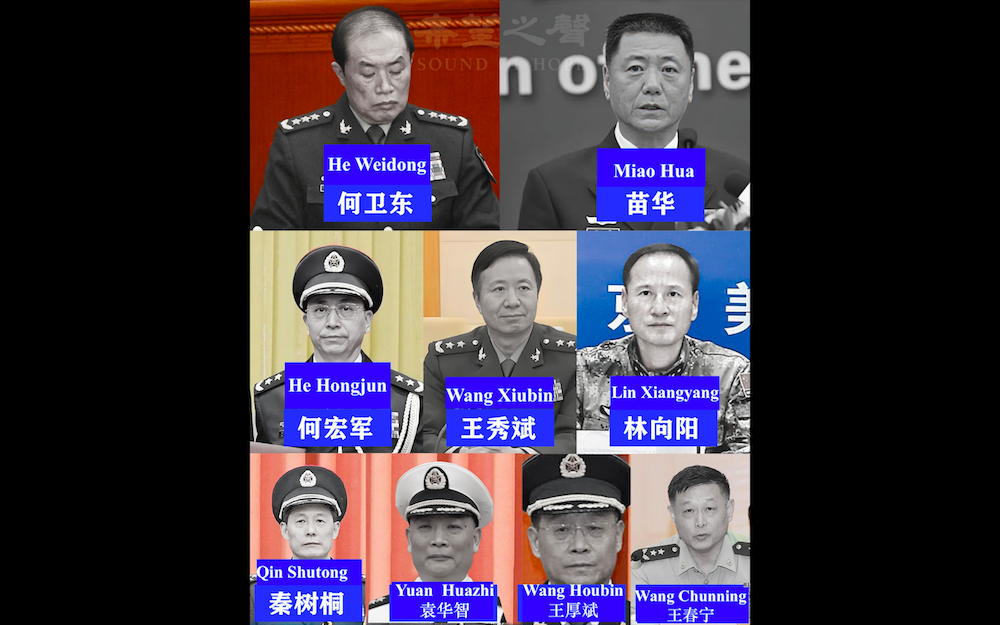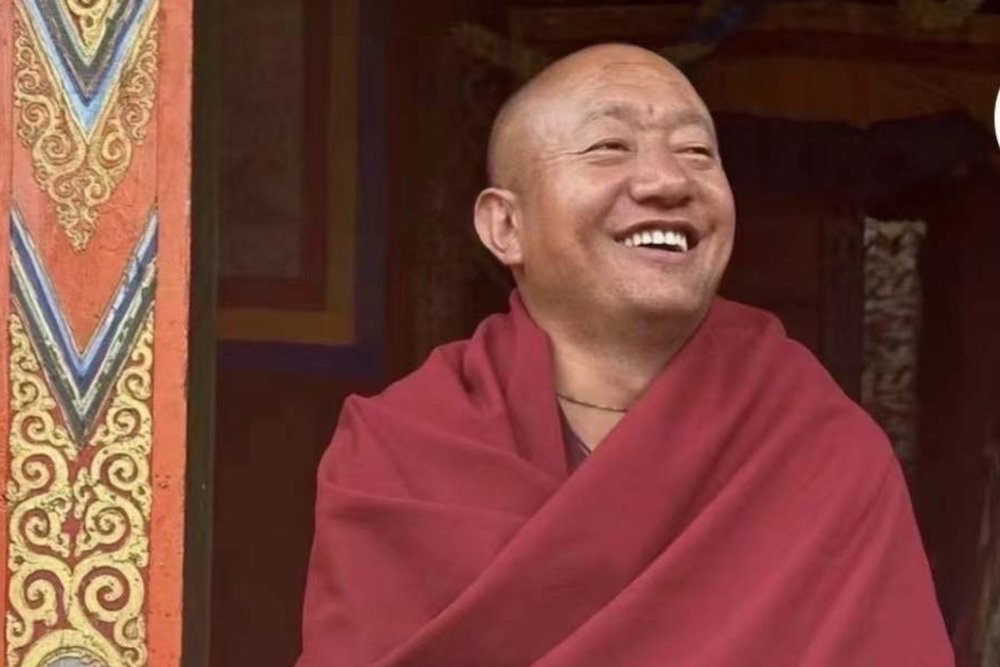Tsering Dhundup
DHARAMSHALA, June 18: The UN High Commissioner for Human Rights Volker Türk delivered a wide-ranging and urgent global update, highlighting serious and ongoing human rights violations worldwide, with pointed concern directed at China’s repressive policies in Tibet, Xinjiang, and Hong Kong at the opening of the 59th session of the UN Human Rights Council on Monday in Geneva, Switzerland.
In his address, Türk reaffirmed his continued engagement with China but expressed frustration over the “lack of progress on much-needed legal reform to ensure compliance with international human rights law”. He noted with regret that “there has not yet been a resolution to the individual cases we have raised”, adding that his office continues to receive “worrying reports of violations in Xinjiang (East Turkestan), including undue prison sentences, incommunicado detention, and restrictions on fundamental rights.”
In Hong Kong, Türk flagged the persistent use of national security laws, warning that it poses a grave threat to civil liberties and the shrinking of civic space. On Tibet, he raised alarm over “ongoing infringements on cultural and other rights” and called on Chinese authorities to release all those detained for exercising their fundamental rights. “Legislation and policies must be aligned with international human rights law,” he stressed.
The High Commissioner’s global update painted a sobering picture of the current state of human rights, calling attention to the erosion of international legal norms and the devastating consequences of unchecked conflict. Referring to the intensifying military escalation between Israel and Iran, Türk appealed for de-escalation and the urgent pursuit of diplomatic negotiations, underscoring that “civilians in densely populated areas must be protected.”
He warned that the convergence of armed conflicts, climate instability, economic uncertainty, and unregulated technological development is creating an increasingly unstable and dangerous world. “We see dramatic steps to weaken [international cooperation], creating a more dangerous world for us all,” Türk said. He lamented that the current trajectory of international relations is marked by a “blatant disregard for international human rights and humanitarian law”, including the use of starvation and sexual violence as weapons of war and the targeting of humanitarian aid workers.
Recalling the founding purpose of the United Nations — to end war, affirm human rights, and uphold international law — Türk reminded the Council that real progress had been made in the past through global cooperation. However, he warned that those gains are now at risk. “Can we risk massive conflict based on leaders’ personal assessments and agendas?” he asked, urging world leaders and the international community to recommit to human dignity and justice.
Concluding his remarks, Türk issued a clear call to action: to uphold international law, resist the erosion of the UN’s founding principles, and defend the rights and freedoms of all people, particularly those facing systematic repression.
The 59th UNHRC session also featured a side event on Monday titled “Freedom of Religion and Belief in China,” held at the Palais des Nations. The session brought together survivors, human rights experts, and medical professionals to present evidence of what they described as state-sponsored abuses targeting Falun Gong practitioners and Uyghur Muslims in East Turkestan.










